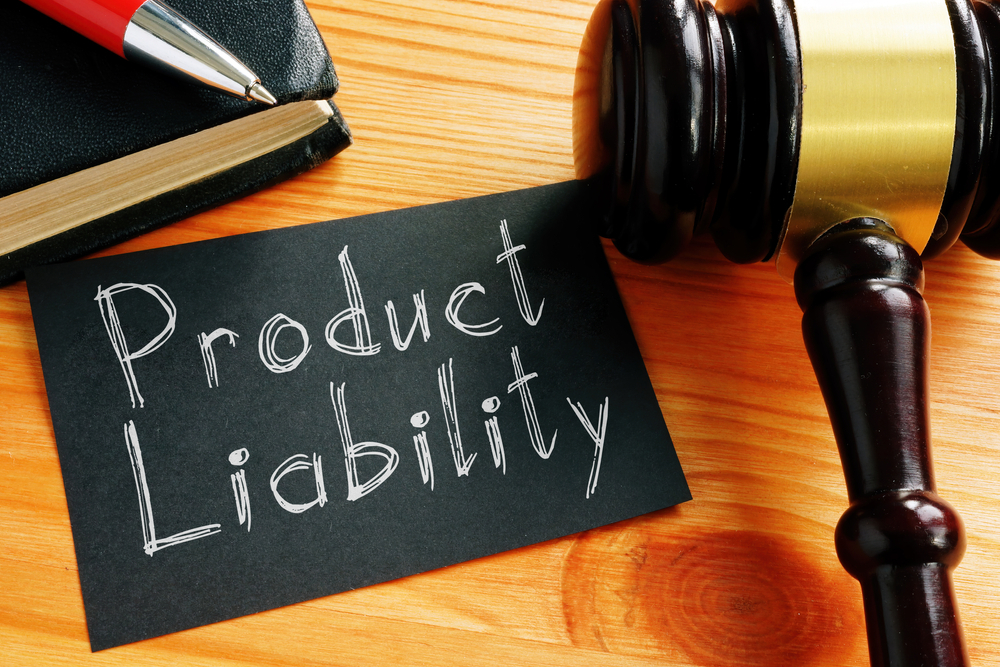Protecting Your Haven: Understanding Home Insurance
Introduction
Your home is not just a shelter; it’s a haven where memories are made and cherished. However, unexpected events such as natural disasters, accidents, or theft can put your home and belongings at risk. That’s where home insurance comes into play. Home insurance provides you with financial protection and peace of mind in case of unfortunate events. In this article, we will explore the importance of home insurance, its coverage options, factors affecting premiums, and tips for choosing the right policy for your needs.
Understanding Home Insurance
Home insurance, also known as homeowner’s insurance, is a contract between the homeowner and an insurance company. It provides coverage for the structure of your home, personal belongings, and liability protection. In exchange for regular premium payments, the insurance company agrees to reimburse you for covered losses or damages.
Coverage Options
- Dwelling Coverage: This is the primary component of home insurance and covers the physical structure of your home, including the walls, roof, floors, and built-in appliances. It protects against perils such as fire, lightning, windstorm, and vandalism.
- Personal Property Coverage: This component covers your personal belongings, such as furniture, electronics, clothing, and jewelry. It provides reimbursement for loss or damage due to covered perils, including theft and certain natural disasters.
- Liability Protection: Home insurance also offers liability coverage, which protects you if someone is injured on your property and sues you for damages. It helps cover legal fees, medical expenses, and damages awarded in a lawsuit.
- Additional Living Expenses: If your home becomes temporarily uninhabitable due to a covered event, such as a fire, home insurance can help cover your living expenses, including hotel bills and meal costs, until your home is repaired or rebuilt.
Factors Affecting Premiums
When determining the cost of your home insurance premiums, insurance companies consider various factors, including:
- Location: The geographical location of your home plays a significant role in determining premiums. Homes in areas prone to natural disasters, such as hurricanes or earthquakes, may have higher premiums.
- Home Value and Rebuilding Costs: The value of your home and the cost to rebuild it in case of a total loss are crucial factors in calculating premiums. Larger, more expensive homes generally have higher premiums.
- Deductible: The deductible is the amount you pay out of pocket before your insurance coverage kicks in. Choosing a higher deductible can lower your premiums but means you’ll have a higher financial responsibility in the event of a claim.
- Home Security Measures: Having security features such as smoke detectors, burglar alarms, and deadbolt locks can help reduce the risk of damage or theft, potentially lowering your premiums.
- Claims History: Your claims history can impact your premiums. If you have a history of frequent claims, insurance companies may consider you a higher risk and charge higher premiums.
Tips for Choosing the Right Policy
- Assess Your Needs: Evaluate the value of your home and belongings, consider your location, and assess the potential risks to determine the coverage limits and policy features you require.
- Shop Around: Obtain quotes from multiple insurance companies to compare coverage options and premiums. Consider working with an independent insurance agent who can provide you with multiple options from different insurers.
- Understand Policy Exclusions: Read the policy carefully to understand what is covered and what is excluded. Common exclusions include flood damage and certain types of natural disasters. Consider purchasing separate policies for excluded risks if necessary.
- Review Coverage Regularly: Periodically review your policy to ensure it aligns with your current needs. If you make significant renovations or purchase expensive items, update your coverage accordingly.
- Bundle Insurance Policies: Consider bundling your home insurance with other policies, such as auto insurance, to take advantage of multi-policy discounts offered by insurance companies.
Conclusion
Home insurance is a vital investment for homeowners, offering financial protection and peace of mind. It safeguards your home, personal belongings, and provides liability coverage in case of unforeseen events. By understanding the coverage options, factors affecting premiums, and tips for choosing the right policy, you can make informed decisions and protect your haven from the unexpected. Remember, when it comes to home insurance, it’s better to be prepared than to be caught off guard.





